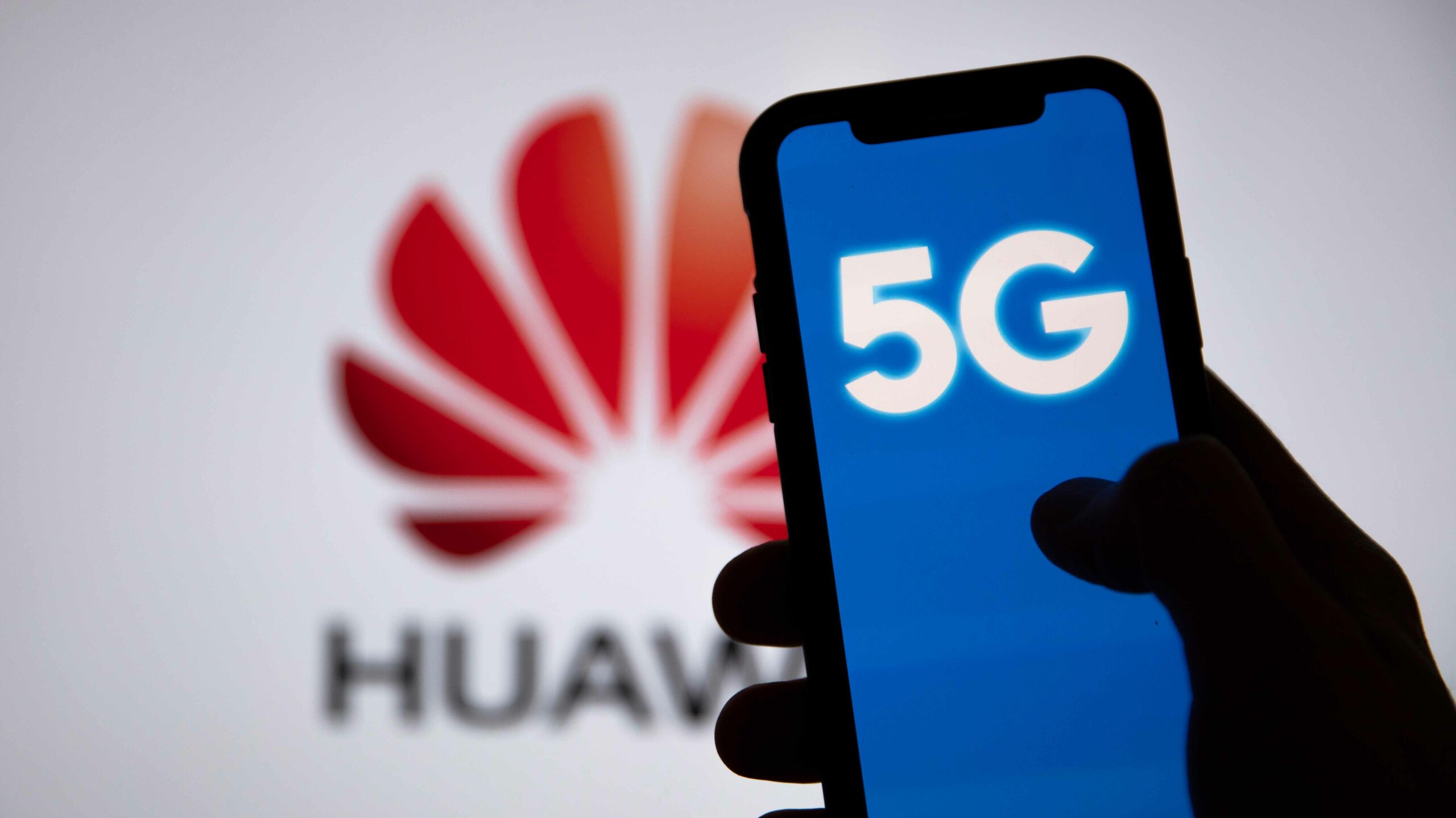
Canada’s leading telecom companies have said the government’s order to remove Huawei equipment from their 5G networks wouldn’t be a problem, as neither Rogers, Bell, or Telus have deployed the equipment.
But the same can’t be said for smaller organizations, including Iristel. The Markham-based telecommunications company owns Sugar Mobile, Télécommunications de l’Est, and Ice Wireless, serving the northern territories and Quebec.
President Samer Bishay told MobileSyrup that the company uses Huawei equipment “coast to coast.”
The government banned the Chinese companies Huawei and ZTE from Canada’s wireless spectrum earlier this month, citing concerns China’s government could compel the companies to take part in actions detrimental to Canada and its residents.
Bishay admits there’s a positive to the situation: the government has finally decided on the matter, which they’ve been discussing for years. But it’s short-lived, as the negative aspects hold their weight. Bishay said the ruling hurts organizations that invested millions in equipment that essentially has to be thrown out. Sanctioning the same rules across the board also doesn’t help.
“Applying the same rules to all operators, big or small, will further unlevel the playing field and Canadians will continue to pay some of the highest prices in the world.”
Bishay said degraded services would potentially impact Iristel customers if their systems start failing, as they won’t have the legal ability to replace them. This is a dooming reality, as they serve the northern territories that experience harsh weather conditions.
“We need to overhaul our entire mobile network over the next few years, and with supply chain issues already looming, the immediate concern is potential service disruption for Canadians in rural and arctic communities if we can’t get replacement parts in time.”
Bishay explains the company deployed Huawei equipment in the first place as it offered the best technology and price point at the time of purchase. The equipment was also temperature tested, which appealed to the company.
The government said it wouldn’t financially assist companies in removing the equipment, something Bishay hopes will change. “I hope the government auto qualifies rural operators for some broadband mobility funding to help offset this damage.”
Companies have until June 28th, 2024 to remove 5G equipment and December 31st, 2027 for 4G equipment. Bishay said this timeline isn’t fair for smaller providers. The “government needs to own up to this and figure out a path for smaller operators that will be impacted.”
Leading operators Bell and Telus had also asked the federal government for financial assistance in removing the equipment long before the government made the announcement. The two companies use Huawei equipment in their 4G networks but deployed Ericsson and Nokia in their 5G networks.
MobileSyrup asked Bell and Telus if they’ll approach the government again for financial support but didn’t receive a response.
Image credit: Shutterstock
MobileSyrup may earn a commission from purchases made via our links, which helps fund the journalism we provide free on our website. These links do not influence our editorial content. Support us here.


